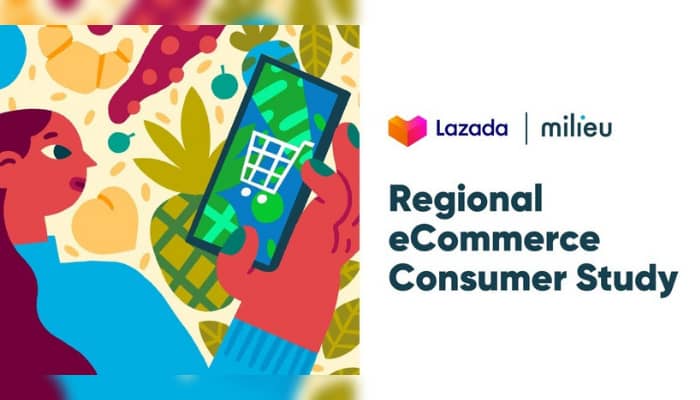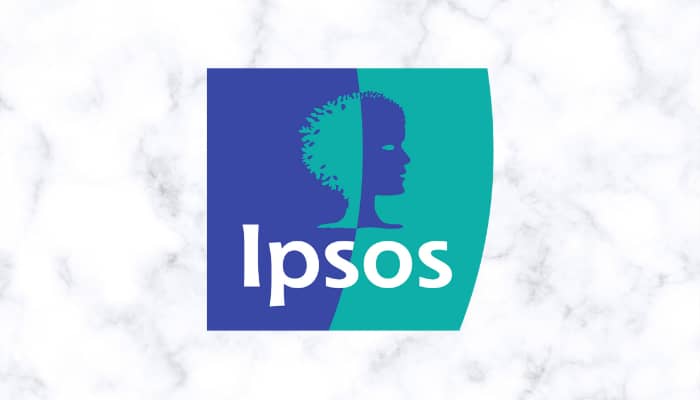Singapore — According to a new report, on average, 66% of consumers reported expecting to be able to decline to share any personal data without compromising on the level of service received as brands will face increasing challenges in incentivising consumers to part with their personal data. The scope of the report spanned 14 Asia Pacific countries with over 20,000 respondents between the ages of 16 and 64 and aimed to showcase how consumers feel and respond to brands accessing their data. The report was conducted and shared by Dentsu Data Consciousness Project.
Another report finding was that 64% of the respondents are happy to share their health data for medical research and 58% are willing to have their carbon footprint tracked to help the fight against climate change.
Meanwhile, 72% feel that organisations will need to demonstrate higher standards of ethical behaviour as far as personal data is concerned. Additionally, 74% believe that the government needs to play a bigger role in regulating the use of personal data by companies.
The study also showed that people are likely to continue to be willing to share their data, including sensitive personal data, in situations where there are specific benefits to be gained or where there would be a positive societal impact.
For Gen X and Gen Y, discounts on food in exchange for food delivery history and travel offers in exchange for travel history were among the most valued benefits, while outcomes that advanced peoples’ personal sense of purpose were also consistently favoured. 64% are happy to share their health data for medical research and 58% are willing to have their carbon footprint tracked to help the fight against climate change.
Christine McKinnon, head of business intelligence of dentsu Solutions, shared, “Brands need to address 5 key variables: the purpose which the collected data will be used for, the benefit to the consumer in exchange for sharing that data, the consumer’s level of trust in the brand, how much control the consumer has in determining whether and what to share, and the perceived sensitivity of the data.”
The study also explored countries’ ‘data cultures’. It mapped markets according to their relative openness towards technology, and their attitudinal bias between ‘dataism’ and ‘humanism’. Dataism posits that only by being data-led can we advance further and faster. Humanism rests on the belief that we should never let technology lead in an unfettered manner. As an overall trend, a skew towards dataism went hand in hand with greater openness to technological change.
Regardless of nationality, concerns around the opacity of how brands use their data and potential misuse of personal data were significant across the board. 62% of respondents do not know how their personal data is being used. 72% feel that organisations will need to demonstrate higher standards of ethical behaviour as far as personal data is concerned. 74% believe that the government needs to play a bigger role in regulating the use of personal data by companies.
Conducted in Q4 2021, this is among the most contextualised survey done on attitudes toward data privacy in the region. Findings have direct relevance to multiple industry verticals as respondents were asked about their willingness to share their data in highly specific ”micro-contexts”.















